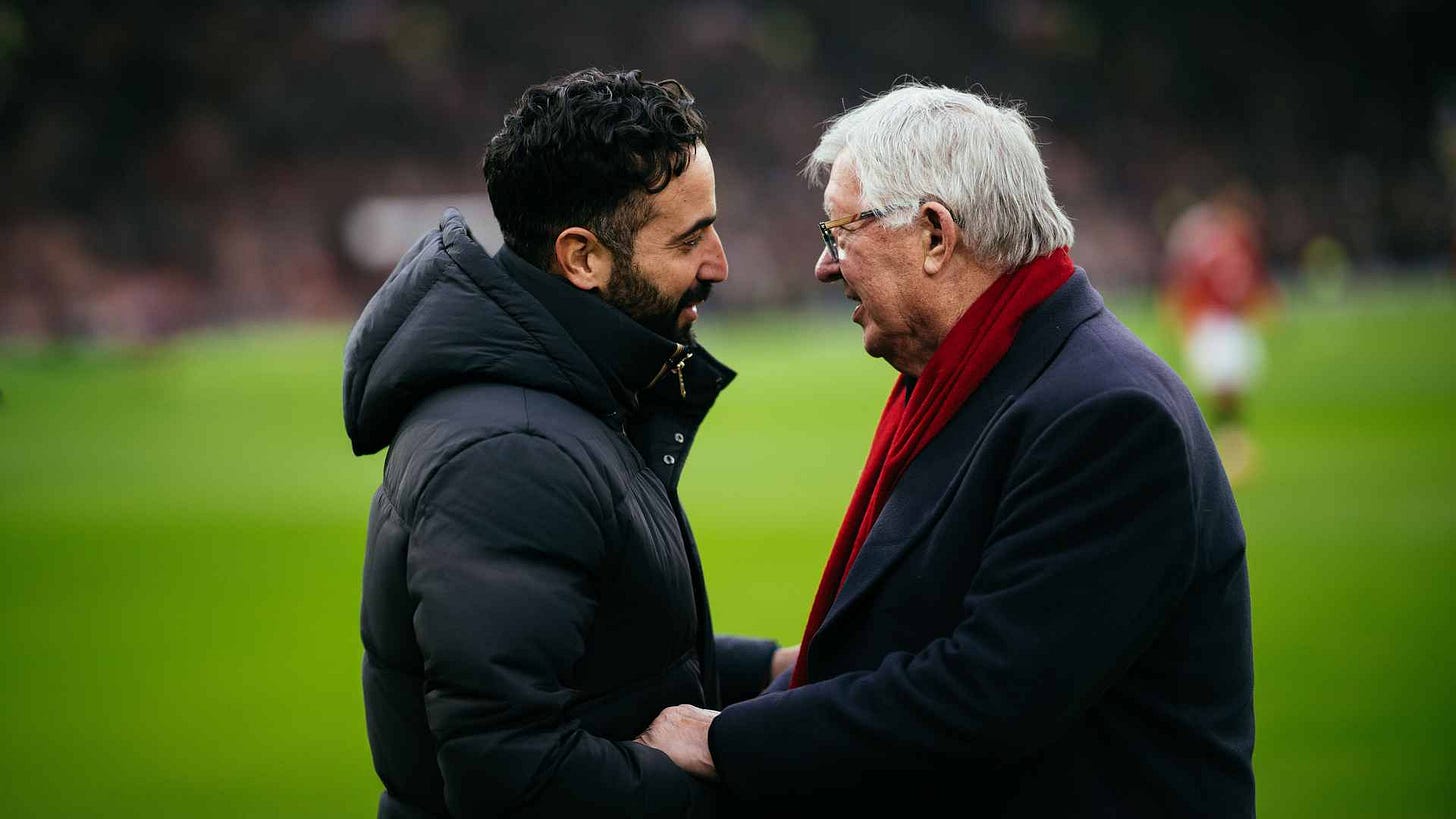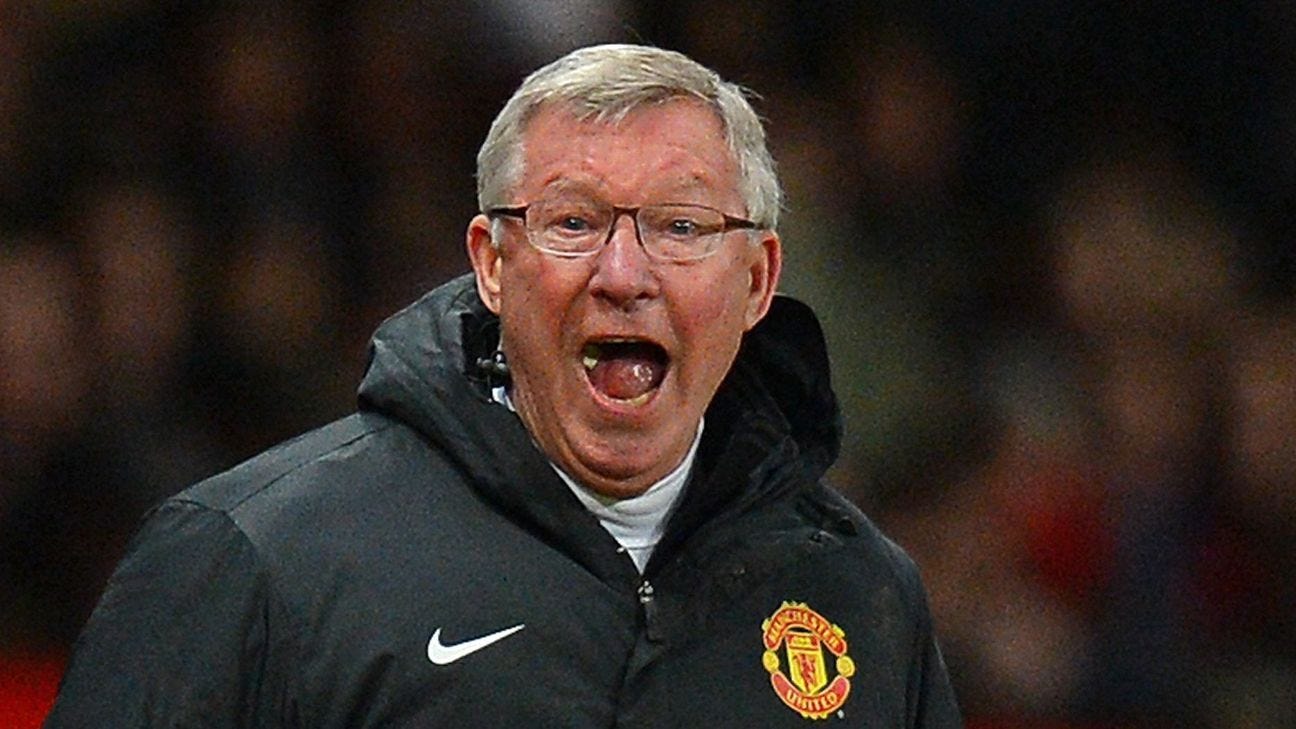Manchester United’s Managerial Void: Amorim and the Shadow of Ferguson
Ruben Amorim was meant to restore belief at Old Trafford, but from the outside it looks like another false dawn compared to the authority Ferguson once embodied.
Ruben Amorim and the Ferguson Standard: A Harsh Reality at Old Trafford
Manchester United remain a club haunted by their own past. Every manager since Sir Alex Ferguson has walked into Old Trafford knowing they will be compared, scrutinised and judged against one man’s monumental reign. Ruben Amorim is the latest to inherit the poisoned chalice, yet unlike Ferguson he enters a fractured house rather than one built in his own image. Looking on neutrally, it is hard not to question whether Amorim has the tools, or even the authority, to haul United back to something resembling their former greatness.
Ferguson’s iron rule
Ferguson’s tenure was defined by control. His mantra, “no one is bigger than the club,” was not an empty phrase, it was the bedrock of his success. He demanded absolute respect. Any player who tested that boundary, no matter how decorated, was dealt with quickly and often ruthlessly. Paul Ince, Jaap Stam, David Beckham and Ruud van Nistelrooy all discovered that lesson in different ways. Ferguson’s reign was littered with trophies, but it was also underpinned by fear and discipline.
He managed egos with unflinching resolve. The famous hairdryer treatment was not myth, it was method. Players learned that standards were non-negotiable. You either conformed to the collective or you were gone. In that environment, dressing rooms did not spiral out of control, even if occasionally it meant cutting loose a star before his time. Ferguson’s genius was not just tactical evolution, it was the ability to control chaos.
Amorim’s United: a club adrift
By contrast, Ruben Amorim walked into chaos. He was appointed on a long contract with the intention of steadying the ship and instilling a clear style, but the reality has been sobering. His first full season ended in 15th place, a finish that would have been unthinkable in Ferguson’s day. The team was disjointed, unable to string together consistent results, and early cup exits piled on the misery.
Amorim’s reputation from Sporting CP was built on tactical intelligence and the ability to build young players. Yet at United, his preferred system has often looked predictable and inflexible. He has openly admitted he is “trying” to move away from it, a rare but telling admission for a Premier League manager. The problem is that tactical tweaks are meaningless without culture, and culture is precisely what United lack.
Supporters do not see a side playing with identity or belief. They see a group of players who look just as uncertain under Amorim as they did under his predecessors. That is where the contrast with Ferguson becomes unavoidable. Ferguson imposed authority on every aspect of the club. Amorim appears to be negotiating with it, as though he is a guest rather than the host.
The contrast in authority
The defining gap between the two men is authority. Ferguson bent United to his will, Amorim bends himself to United’s dysfunction. Ferguson exiled big names for the sake of the group, Amorim too often looks to accommodate reputations rather than challenge them. Ferguson created clarity, Amorim is engulfed by uncertainty.
This is not entirely his fault. He inherited a club weakened by years of poor recruitment, muddled ownership decisions and a revolving door of managers. Ferguson built his empire over decades, Amorim is expected to repair one in months. Yet the cold truth is that Ferguson’s example shows what is required at Old Trafford: a manager who becomes the dominant presence in the room, someone who players know they cannot outlast or undermine. Amorim has not yet shown he is that figure.
Can Amorim change course?
To give him credit, Amorim is not blind. He knows results are poor and he acknowledges mistakes. He speaks openly about pressure, and he often tries to shield his players. But there is a risk in being too open, too conciliatory, too willing to explain rather than dictate. Ferguson did not explain. He set standards and players either met them or found the door.
If Amorim is to survive, he must shift his focus from systems to standards. United will not climb out of mediocrity through formations alone. They need a manager who puts fear and respect back into the shirt, who convinces players that the institution is greater than any one of them. That was Ferguson’s most valuable lesson and one Amorim would do well to adopt.
The verdict
From the outside looking in, Manchester United’s problem is not just results. It is the absence of a clear identity. Ferguson embodied the club, shaped it and dragged it forward through sheer force of personality. Amorim, so far, looks like another in a long line of managers trying to survive a storm rather than control it.
The comparison with Ferguson is harsh but inevitable. Amorim does not need to become a carbon copy of the great man, but he does need to take inspiration from the principles that underpinned his rule. Authority, discipline and decisive action are what Manchester United require. Until Amorim provides those, he risks becoming another chapter in the post-Ferguson wilderness, a reminder that the throne at Old Trafford is not simply a managerial position but a burden of history few can carry.



